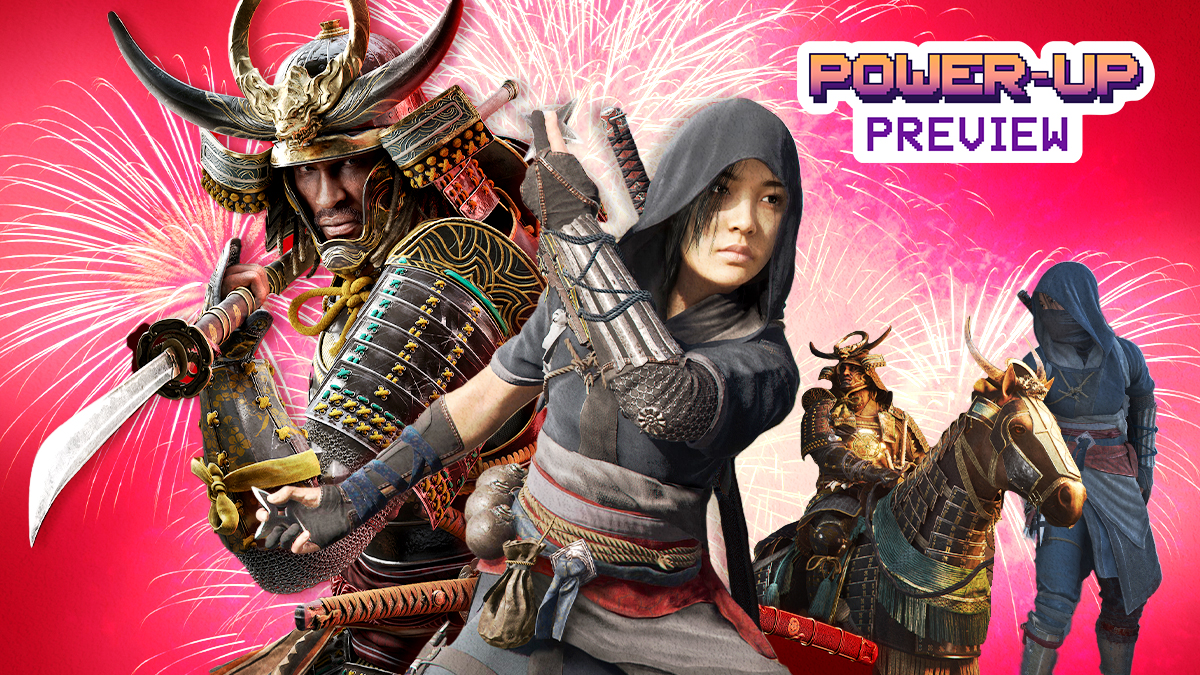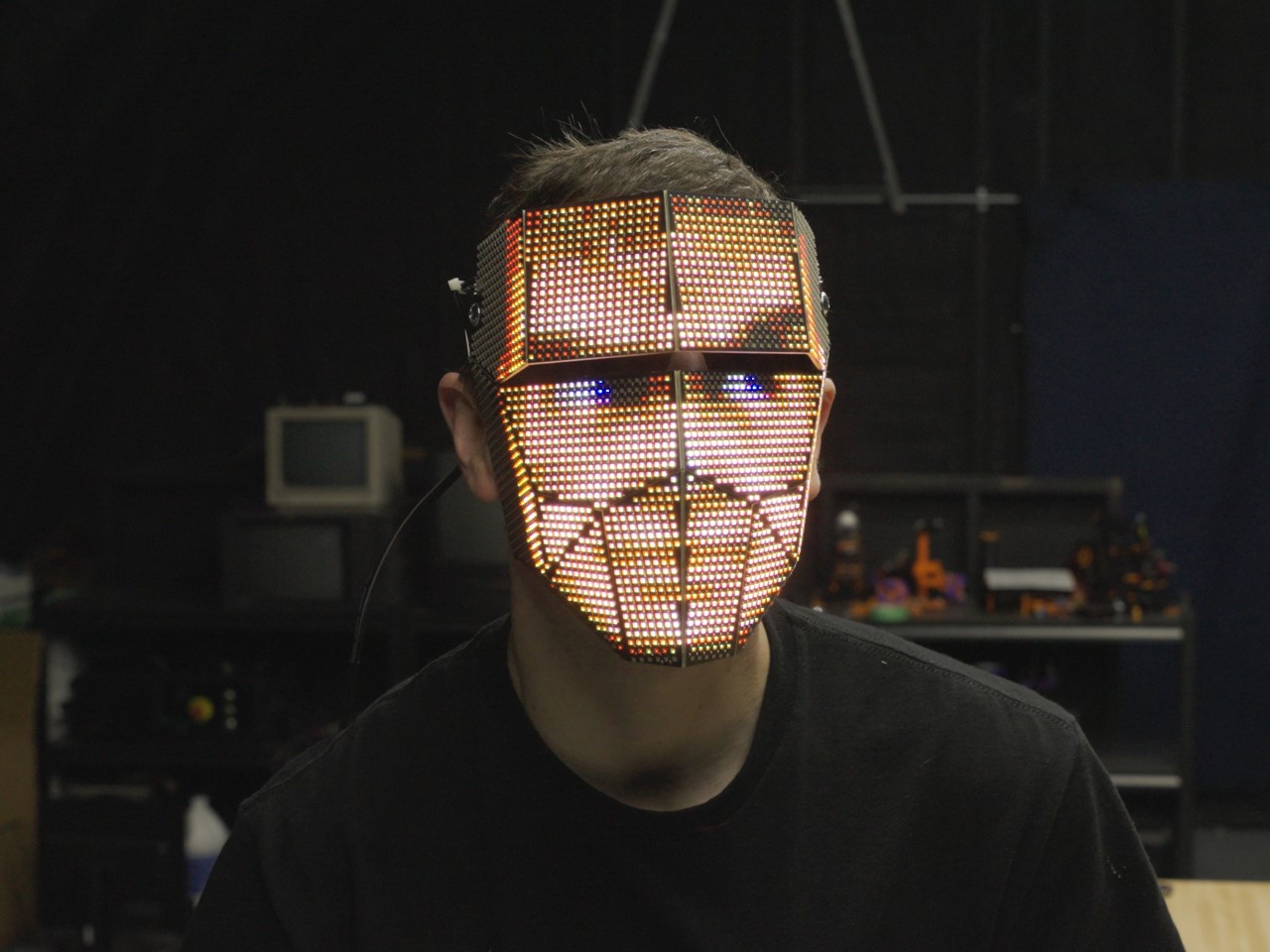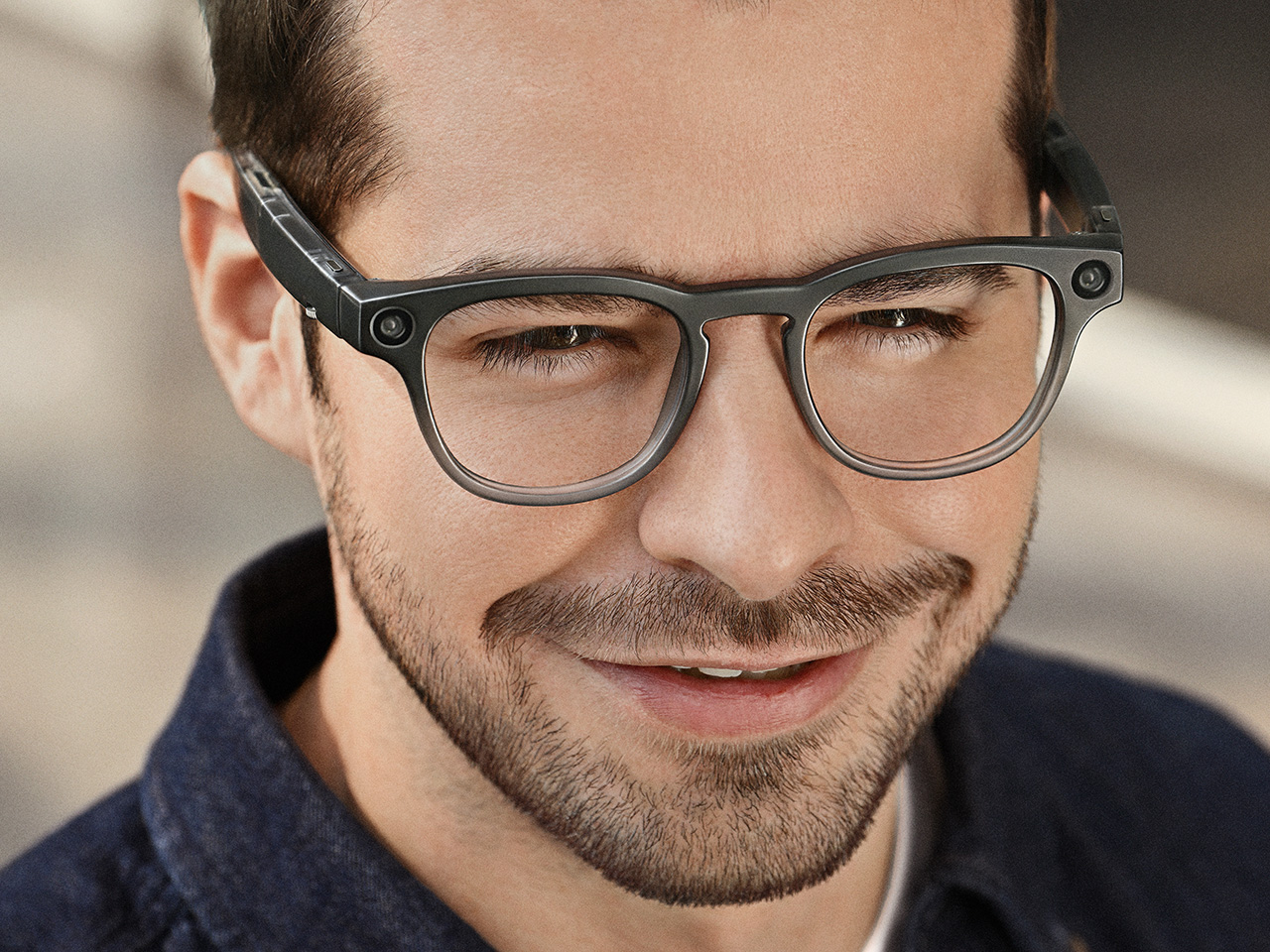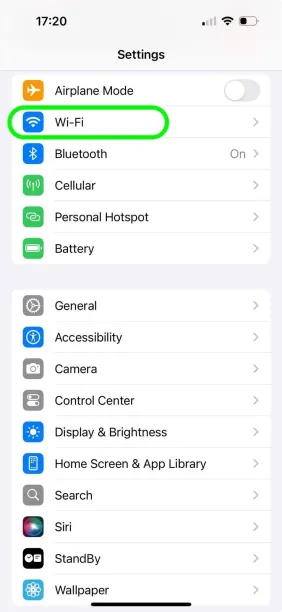Assassin’s Creed Shadows Preview: The Series Finally Goes to Japan, But Is It Worth the Wait?
It’s mind-boggling that, in the 17-year history of Assassin’s Creed, we’re only now getting an entry set in Japan. It’s essentially been a ninja sim from the jump, yet we somehow went toe to toe with a minotaur before ever getting to sneak around the shadowy bowels of a Japanese castle. Fortunately, Assassin’s Creed Shadows […] The post Assassin’s Creed Shadows Preview: The Series Finally Goes to Japan, But Is It Worth the Wait? appeared first on Den of Geek.

It’s mind-boggling that, in the 17-year history of Assassin’s Creed, we’re only now getting an entry set in Japan. It’s essentially been a ninja sim from the jump, yet we somehow went toe to toe with a minotaur before ever getting to sneak around the shadowy bowels of a Japanese castle. Fortunately, Assassin’s Creed Shadows may just be worth the years-long wait. In many respects, it’s the most ambitious AC game yet.
Den of Geek was invited to developer Ubisoft Quebec’s studio in Quebec City to play six hours of a preview build before the game’s March 20 release. We were shown a few early cinematics introducing us to the game’s two protagonists Naoe and Yasuke, explored the game’s open world, completed one of the game’s main missions and a few side activities, and played around with the game’s Hideout customization mode. Most of the demo was set in the Southwestern region of Harima, where our heroes followed clues to find those responsible for stealing a precious box tied to Naoe’s past.
The challenge with a long-running series like Assassin’s Creed is that fans have certain expectations of the franchise yet demand that each entry feel fundamentally new and different from everything that’s come before. It’s a tenuous balancing act, but the team at Ubisoft Quebec seems to have approached it this time not by necessarily expanding the scope of Shadows in comparison to previous titles but by deepening, refining, and even subverting the core concepts of Assassin’s Creed. Shadows doesn’t feel quite like a revelation (no pun intended), but it’s not a minor or iterative effort either. Rather, from what we’ve seen and played, it’s a distillation of everything that makes these games so good, improving greatly on the foundation built in titles past.
Japan at Long Last
Fans have fantasized about an Assassin’s Creed game set in Japan since the early days of the franchise, and the anticipation wasn’t lost on the team at Ubisoft, who internally was eager to finally dive into the historical period themselves. Shadows’ story is set in the year 1579 during Japan’s Warring States Period, with daimyō (feudal lords) like Oda Nobunaga jostling for power.
Yasuke is taken under Nobunaga’s wing and trained to be a samurai when he arrives on the shores of Japan at the service of Portuguese Jesuits. Yasuke is based on a historical figure of the same name, the first Black samurai, and in the game’s story represents the perspective of nobility.
Naoe views things from the perspective of commoners and working-class people. She was trained to be a shinobi (ninja) by her father and has been largely shielded by him from the larger machinations of war raging across Japan. She never knew her mother and knows little of her family’s background, but as she’s thrust into the strife of the conflict, she learns about the nature of her lineage and decides to build a brighter future for her people.
“At its heart, it’s a story about community,” associate narrative director Brooke Davies tells Den of Geek. “It’s about rebuilding after loss with chosen family. These are ordinary people faced with extraordinary circumstances, and the team really poured their hearts into exploring these stories in this tremendous historical context.”
The team at Ubisoft Quebec spent time in Japan, consulted experts in the field of Japanese history, and did extensive research to craft an open world that feels even more immersive and transportive than prior Assassin’s Creed titles, and more historically rich and accurate than any version of Feudal Japan seen in a video game. “[The research process] was so inspiring and exciting for us,” Davies says. “We immersed ourselves in Japanese history every day.”
Shadows is technically the first completely new-gen game in the franchise (Valhalla and Mirage were both released for new and last-gen platforms), and it’s abundantly clear once you start exploring the game’s lush environments. Whether you’re riding your horse along rice fields or stealthing your way into a heavily guarded fortress (you can enter virtually every building in the game, by the way), the visuals are picturesque and absurdly detailed, down to the texture and reflectiveness of materials in houses and flight patterns of birds. The game even features new cloud and wind simulation never seen in the series before, as well as dynamic changing of seasons.
“We built new graphics technologies for this game as we were developing the game itself. We built systems for textures, wind, facial animation, and even hair,” explains game director Charles Benoit.
It’s not just that the game looks “pretty” or “realistic.” It’s that the high fidelity of the environments makes the game world more engaging to explore. Open-world games have a tendency to feel empty after a few dozen hours of play, but the section of Shadows’ game world that we played was anything but dull and encouraged exploration not just to find new things to do, but to find new things to gawk at.
“Exploration was something we really focused on to make sure players looked around at the world and weren’t just dragged around by icons on a map,” Benoit says. “We want players to discover things on their own just by moving around.”
The little side quests you do find in the open world aren’t mere distractions or bits of busy work. Naoe can happen upon animals doing different cute animal things (like cuddling!) that she can then paint. Then, you can hang that painting up in the “Hideout,” the game’s fully customizable base of operations, and even bring the animals to the Hideout to frolic and play! Any characters and items you collect in the game world can be found back at the Hideout, and customizing the layout, buildings, and displays is way more fun than you’d expect.
A New Way to Play
The core gameplay elements of Assassin’s Creed–parkour, stealth, melee combat–are all represented in Shadows and feel familiar on first touch. Series veterans will be able to pick up and play, no problem. But once you actually engage enemies and try to, say, loot a fortress, you find out very quickly that the stealth and combat in this game is a completely different beast.
The first thing to understand is that Yasuke and Naoe play completely differently. Seriously, this is as asymmetrical as it gets. Yasuke can take a whole lot of hits and can wreck shop with giant swords and hammers that deal out massive damage, much like the weapons-based combat from Assassin’s Creed Valhalla and Ubisoft Quebec’s own Assassin’s Creed Odyssey, but with more heft to it (blocking, parrying, and good timing in general are key). It’s not that Yasuke’s a tank. Parkour is definitely within his skillset, but it’s not his wheelhouse. For example, if you try to run across the spine of a rooftop with Yasuke, you’re absolutely going to get stuck with arrows. He’s slow but powerful, especially compared to Naoe.
Naoe is the most nimble, agile assassin in the entire franchise thus far. She’s quick, elusive, and can get herself out of trouble in a snap. But if you’re not thoughtful about your approach to enemy encounters and get pinned down, she can’t take much damage at all. It’ll probably be curtains. But if you’re tactical with your stealth, you can take out dozens of guards without alerting a soul.
There are some little improvements to stealth that make enemy encounters in Shadows feel significantly more dynamic and challenging than any other entry in the series. There’s the ability to go prone, for example, which reduces the sound you make (yes, enemies react to light and sound disturbances now). And get this—enemies can look up now, too! So the old trick of losing guards by simply skittering up onto a rooftop doesn’t work anymore. They’ll sniff you out and corner you if you’re not precise.
“We wanted to change some of the game’s key systems to change the way you play the game and feel the story,” Benoit explains. “With prone, light and shadows, and sound, it’s a way for players to kind of rediscover stealth in Assassin’s Creed.”
The specialized nature of Yasuke and Naoe’s respective skill sets mean you need to play tactically and adaptively—Yasuke wears heavy armor and isn’t that stealthy, and Naoe taking on multiple enemies at once seldom ends well. This creates an extra layer of strategy that you must consider when deciding who you want to take into each mission. The best part is that both of them are fun to play, and you’re incentivized to switch between them as opposed to leaning on one all the way through.
“During production, we had moments where we had to balance things between Naoe and Yasuke,” Benoit recalls. “At first, Naoe was super good at everything. She could stealth and was super good at fights, and Yasuke had missing something. So we pulled some levers, removed some things from Naoe and added things to Yasuke’s game to make him a superior fighter. They feel very different from each other, but it’s all very balanced.”
The result of these refinements is stealth and combat that’s more intense, challenging, high-stakes, and volatile than we’ve seen in the series before. It’s more engaging and strategic than previous titles and feels almost akin to IO Interactive’s Hitman games.
An Homage to Japanese Cinema
From what we’ve experienced so far, Shadows is a joy to play. It’s not only that it feels like a real effort to give players everything they love about this series; the game’s cinematic elements have been elevated as well. The most noticeable difference is the cinematography—all of the camera angles and compositions feel heavily inspired by the greats of Japanese cinema like Yasujiro Ozu and Akira Kurosawa. Character conversations almost always look stilted in open-world games, but there’s an uncommon level of care put into the cutscenes here.
Mo-cap is another big difference-maker, with actors Masumi Tsunoda (Naoe) and Tongayi Chirisa (Yasuke) infusing their characters with humanity and pure emotion. The performances here are seriously brilliant. There’s a brutal, heartbreaking scene early in the game that introduces the story’s villains, and without spoiling too much, Tsunoda’s acting is startlingly powerful and evocative in this sequence.
The game’s music is evocative as well, with sweeping orchestral pieces organically mixed with modern psychedelic rock and hip-hop. It’s a strange musical tapestry that doesn’t seem like it should work, but it totally does. The changes in style and genre coincide with the changing emotions of the scenes, so the music is almost seamlessly woven into the story.
“It takes a village to bring these moments from script to screen,” Davies says. “We were fortunate to work with a great cinematic design team and amazing performers. The actors really embodied their roles, and our music really heightens the emotion. [Each of our teams] comes together to make sure these key emotional moments are felt by the player.”
Like any great piece of Japanese cinema, Shadows aims to tell a story with a profound message. While fictionalized, Naoe and Yasuke’s journeys speak to real-world issues and reflect not just the tumult of Feudal Japan, but aspects of humanity and compassion that resound in the world of today.
“Shadows is about people coming together to make the world a better place, to bring light into difficult times,” Davies says. “I hope players feel like they’re part of that story.”
Assassin’s Creed Shadows is out on March 20 for PlayStation 5, Xbox Series X/S, and PC.
The post Assassin’s Creed Shadows Preview: The Series Finally Goes to Japan, But Is It Worth the Wait? appeared first on Den of Geek.
What's Your Reaction?







































![Depth of Knowledge and leading PD [NAESP]](http://dangerouslyirrelevant.org/wp-content/uploads/2025/01/NAESP-Logo-Square-2.jpg)







































